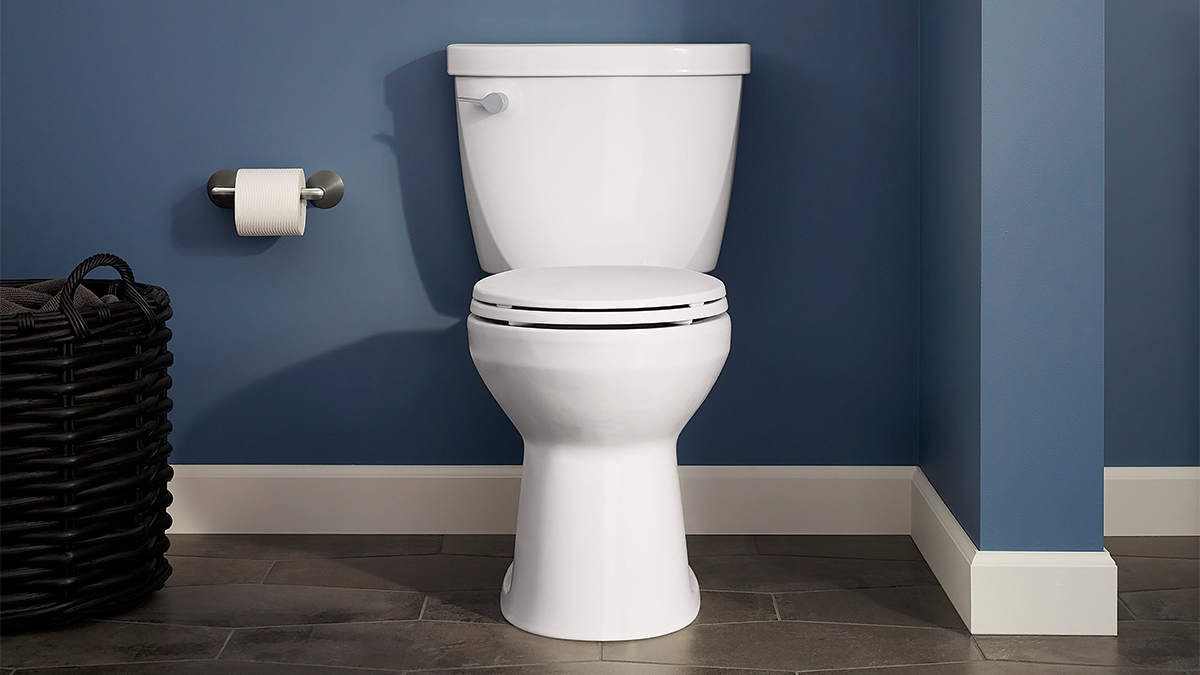In today's rapidly changing world, the importance of conserving water cannot be overstated. For Industry QA professionals, who are often at the forefront of innovation and quality assurance, promoting water-saving habits is both a responsibility and an opportunity. The question of how to promote water-saving habits effectively in our daily lives is one that requires a strategic approach, combining awareness, practical solutions, and a commitment to sustainability.

Understanding the Importance of Water Conservation
Water is a precious resource that is becoming increasingly scarce due to factors such as climate change, population growth, and industrial demands. As Industry QA professionals, understanding the importance of water conservation is crucial. It not only helps in reducing costs and enhancing operational efficiency but also plays a significant role in environmental responsibility.
Implementing water-saving habits can lead to substantial savings in both residential and industrial settings. According to the EPA's WaterSense program, using water-efficient products and practices can reduce water use by up to 20 percent.
Strategies to Promote Water-Saving Habits
1. Educating and Raising Awareness
One of the most effective ways to promote water-saving habits is through education and raising awareness. Industry QA professionals can organize workshops, seminars, and training sessions to educate employees and stakeholders about the importance of water conservation and practical methods to achieve it. Sharing knowledge on the environmental impact of water wastage can motivate individuals and organizations to adopt sustainable practices.
2. Implementing Technological Solutions
Leveraging technology is a powerful strategy in promoting water-saving habits. The use of water-saving toilets and fixtures is a practical solution for reducing water usage. These technologies can be implemented in both residential and commercial spaces to ensure efficient water management.
3. Encouraging Behavioral Changes
Promoting behavioral changes is essential for fostering long-term water-saving habits. Encouraging simple practices such as turning off taps when not in use, fixing leaks promptly, and using water-efficient appliances can significantly reduce water consumption. Industry QA professionals can lead by example and create a culture of sustainability within their organizations.
Implementing Water-Saving Practices in Industry
1. Conducting Water Audits
Conducting regular water audits is a crucial step in identifying areas where water can be saved. By analyzing water usage patterns and identifying inefficiencies, Industry QA professionals can develop targeted strategies to reduce water consumption. Water audits help in setting benchmarks and measuring progress over time.
2. Retrofitting Existing Systems
Retrofitting existing systems with water-efficient technology is an effective way to promote water-saving habits. For instance, installing dual-flush toilets can significantly reduce water usage in restrooms. Retrofitting is a cost-effective approach that can yield substantial water savings without the need for major infrastructure changes.
3. Collaborating with Stakeholders
Collaboration with stakeholders is key to promoting water-saving habits on a larger scale. Industry QA professionals can work with suppliers, partners, and local communities to develop and implement water conservation initiatives. Sharing best practices and success stories can inspire others to take action and contribute to a more sustainable future.
Conclusion
Promoting water-saving habits is a vital aspect of sustainability that Industry QA professionals must prioritize. By understanding the importance of water conservation, implementing strategic solutions, and encouraging behavioral changes, we can make a significant impact on the environment and ensure a sustainable future for generations to come.
For more information on water-saving technologies and practices, visit How Low-Flow Toilets Work.

FAQs
What are some simple ways to save water at home?
Simple ways to save water at home include fixing leaks, using water-efficient appliances, and adopting mindful habits like turning off the tap while brushing teeth.
How can businesses promote water-saving habits among employees?
Businesses can promote water-saving habits by providing education and training, implementing water-efficient technologies, and encouraging employees to adopt sustainable practices.
What is the role of technology in water conservation?
Technology plays a critical role in water conservation by providing innovative solutions such as water-saving fixtures, smart irrigation systems, and real-time monitoring of water usage.






